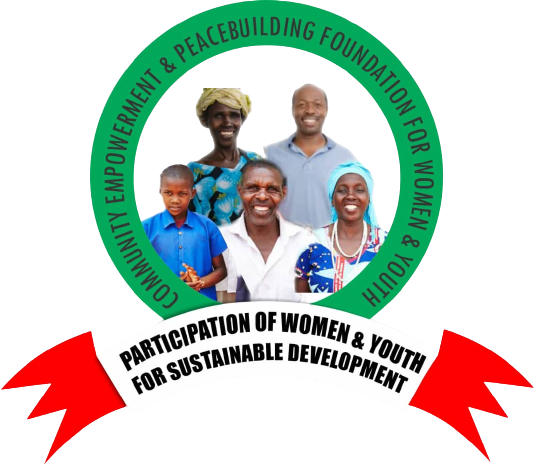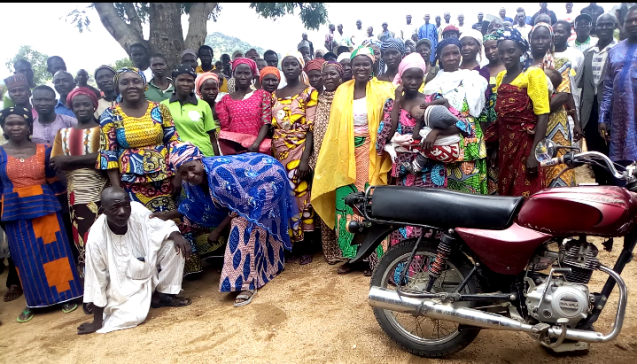The Community Empowerment and Peace-Building Foundation for Women and Youth (CEPFoWY) has been actively working towards creating positive change in communities through various initiatives. This summary highlights their annual reports from 2019 to 2021, showcasing their efforts in awareness creation, healthcare advocacy, and community support.
In 2019, CEPFoWY organized an awareness creation workshop on gender-based violence (GBV) in Adamawa State, Nigeria. The workshop aimed to educate participants about gender concepts, the causes and effects of GBV, gender budgeting, and the importance of reporting GBV cases. The workshop successfully reached 127 individuals, including 105 males and 22 females. Despite challenges such as lack of funds and security concerns, CEPFoWY’s commitment to addressing GBV in these communities was evident.
Additionally, in collaboration with the Association of Civil Society Organizations on Malaria, Immunization, and Nutrition (ACOMIN), CEPFoWY conducted a project focused on malaria advocacy and accountability in Demsa communities. Through focus group discussions, client exit interviews, and key informant interviews, they reached 920 individuals, providing them with knowledge about combating malaria and accessing free malaria commodities. The project also addressed issues of medication affordability and supply adequacy.
In 2020, CEPFoWY continued its collaboration with VSF to implement a project in Maiha LGA communities. The project involved the distribution of 1,200 goats to 300 beneficiaries, improving their livelihoods. Despite challenges posed by the COVID-19 pandemic, CEPFoWY successfully supported the beneficiaries and conducted on-site supportive supervision.
Moreover, the ACOMIN project on malaria commodities advocacy and accountability continued in Demsa communities. Through focus group discussions, client exit interviews, and key informant interviews, CEPFoWY reached 920 individuals, ensuring their access to free malaria commodities and educating them on preventive measures.
In 2021, CEPFoWY’s collaboration with ACOMIN expanded its reach to more communities in Demsa LGA. Through focus group discussions, client exit interviews, and key informant interviews, they engaged 1,600 individuals, empowering them with knowledge about malaria prevention and ensuring accountability in the healthcare system.
Throughout the years, CEPFoWY faced challenges such as limited funds, security issues, hard-to-reach areas, poor network communication, and the impact of the COVID-19 pandemic. Despite these obstacles, their dedication to empowering communities remained unwavering.
The Community Empowerment and Peace-Building Foundation for Women and Youth (CEPFoWY) has made significant strides in empowering women and youth, addressing gender-based violence, improving healthcare access, and enhancing livelihoods. Their efforts have positively impacted communities, promoting sustainable change and fostering a brighter future. Through continued support and collaboration, CEPFoWY aims to create lasting social transformation and empower more individuals in the years to come.

